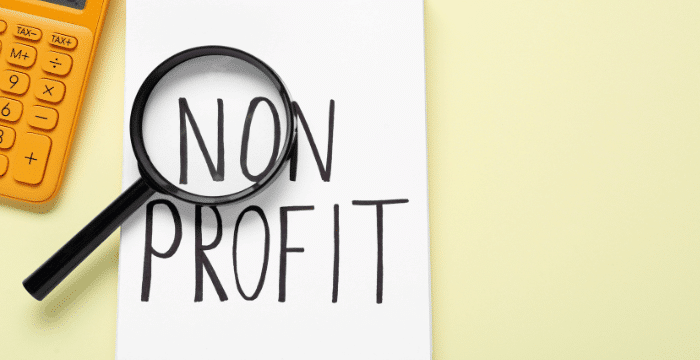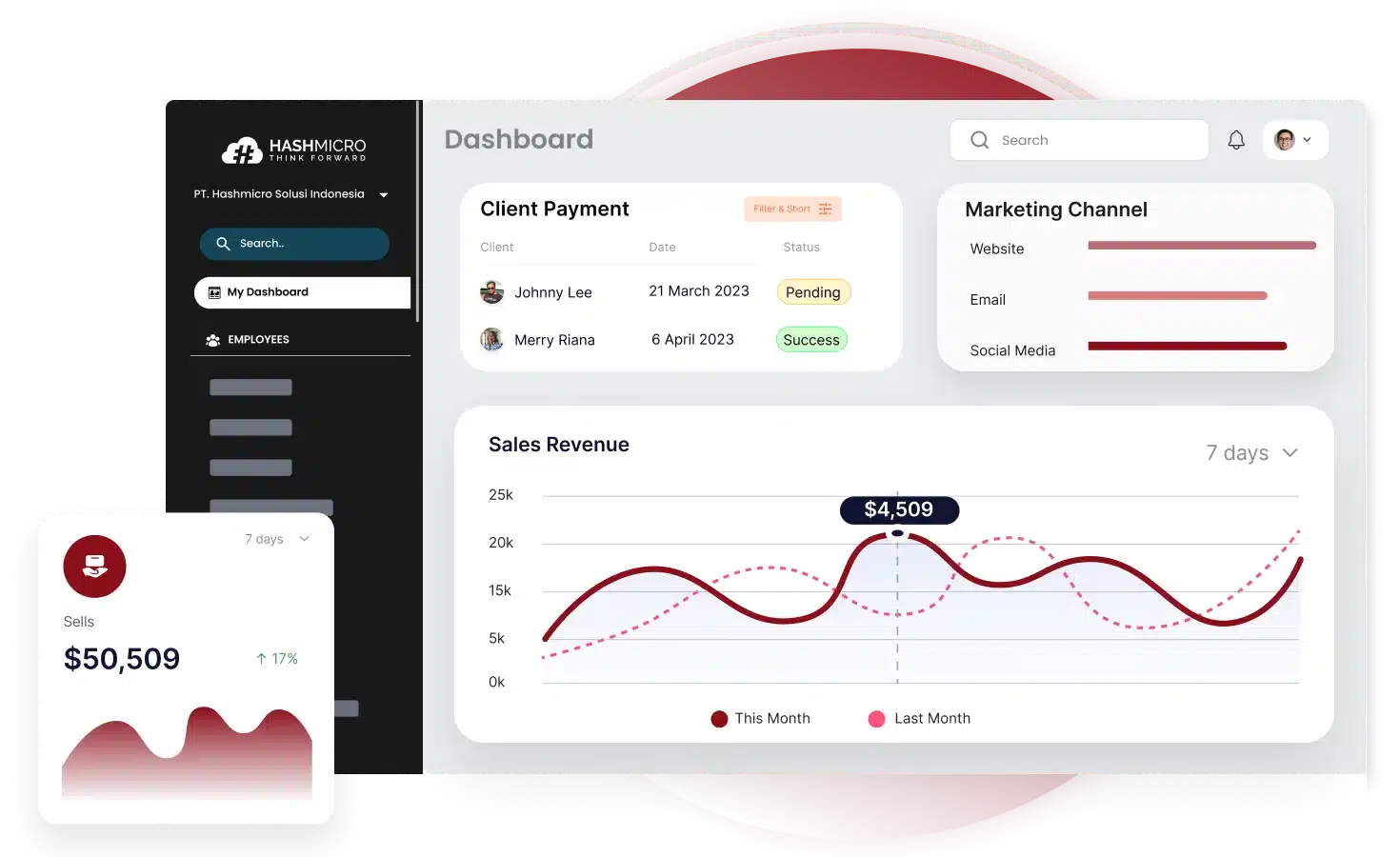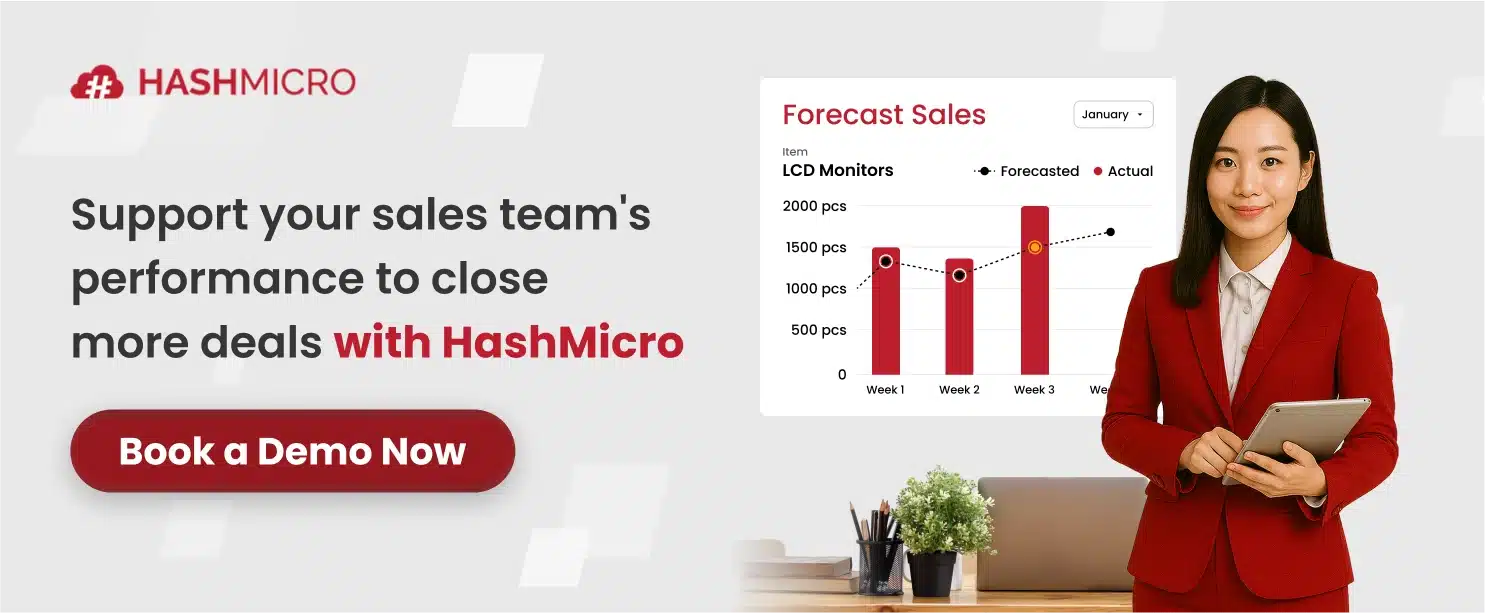Establishing and fostering relationships with donors, volunteers, and stakeholders is critical for nonprofit organizations in accomplishing their mission and creating a lasting impact on the causes they advocate. With so many moving parts involved, from fundraising campaigns to volunteer coordination, it is imperative for them to possess a robust system to effectively manage these relationships. This is where Customer Relationship Management (CRM) for nonprofits emerges as an invaluable tool.
A dedicated CRM solution tailored specifically for nonprofits can streamline communication and provide data insights to empower organizations in their endeavors. In this article, we’ll explore the eight best options available today. These CRM platforms offer a range of features and functionalities to meet your unique needs and drive your organization toward sustainable success.

Table of Content:
Table of Content
What is CRM for Nonprofits?

Customer Relationship Management (CRM) for nonprofits refers to the use of specialized software and strategies to manage and strengthen relationships with donors, volunteers, supporters, and other stakeholders. CRM systems designed specifically for nonprofits offer a comprehensive solution to efficiently track, organize, and analyze data related to various interactions and engagement activities.
Nonprofit organizations rely heavily on building and maintaining strong relationships with their constituents. CRM for nonprofits provides a centralized platform to collect and manage data about donors, volunteers, event attendees, and other relevant parties. It enables nonprofits to understand their constituents better, tailor their outreach efforts, and foster long-term engagement. In addition to Nonprofit CRM, there are also other similar systems, such as CRM systems for hotels.
Primary Features of CRM for Nonprofits
CRM for nonprofits offers several key features that are essential for the effective management of relationships and operations. Below, we explore the key features that make CRM systems invaluable tools for nonprofits. Understanding these key features will empower your organization to maximize its impact.
Contact management
One of the primary features of CRM for nonprofits is contact management. It allows organizations to maintain a comprehensive database of contacts, including donors, volunteers, supporters, and beneficiaries. The system provides a centralized platform to store and update contact information, such as names, phone numbers, email addresses, and social media profiles. Nonprofits can also track communication history, interactions, and engagement activities with each contact.
CRM contact management enables nonprofits to segment their contacts based on various criteria. This includes donation history, event attendance, or any custom fields relevant to the organization’s needs. By categorizing contacts into different groups or segments, nonprofits can personalize their communication and outreach efforts. This targeted approach ensures that constituents receive relevant information and appeals, increasing the chances of meaningful engagement and support.
Task automation
Task automation is a valuable feature in CRM for nonprofits that helps streamline routine processes and save time. Nonprofits often have numerous tasks to manage, such as sending acknowledgments for donations, scheduling volunteer shifts, or following up with event attendees. CRM systems enable organizations to automate these tasks by setting up workflows and triggers.
For example, for volunteer management, the CRM system can send automated reminders or notifications to volunteers regarding upcoming shifts or changes in schedule. Task automation eliminates manual efforts, reduces the chances of errors or oversights, and allows nonprofits to focus more on building relationships and delivering their mission.
Analytics and Reporting
Nonprofit CRM offers robust analytics and reporting capabilities to measure the effectiveness of their activities, gain insights, and make data-driven decisions. Nonprofits can generate reports and analyze key metrics related to fundraising, volunteer engagement, event attendance, and constituent interactions. These reports provide valuable information on performance, trends, and areas for improvement.
Analytics and reporting in CRM systems allow nonprofits to track fundraising progress, monitor donor retention rates, identify the most successful campaigns, and measure the impact of events. This data helps organizations evaluate the effectiveness of their strategies, allocate resources efficiently, and adjust their approach as needed. Additionally, CRM analytics facilitate informed decision-making by providing a holistic view of constituent engagement and organizational performance.
The Importance of Utilizing CRM for Nonprofits

Utilizing Customer Relationship Management (CRM) systems can bring numerous benefits to nonprofit organizations. By streamlining and automating various tasks, CRM systems enhance operational efficiency and provide valuable insights for informed decision-making. Ultimately, as a result, nonprofit organizations can build stronger relationships with stakeholders and maximize their impact in advancing their missions.
One of the key benefits of CRM for nonprofits is improved donor management. It allows nonprofits to effectively track and analyze donor information. This donor database helps organizations personalize their communications, tailor fundraising strategies, and cultivate stronger relationships with donors. By understanding their behavior and preferences, nonprofits can engage supporters in a more targeted and meaningful way, leading to increased donor retention and improved fundraising outcomes.
CRM systems also enhance volunteer management for nonprofits. They provide a centralized platform to track volunteer information, skills, and past engagement. With CRM, nonprofits can efficiently match volunteers with relevant opportunities, send automated reminders, and track volunteer hours. By effectively managing and engaging volunteers, nonprofits can build a dedicated volunteer base, improve program outcomes, and create a positive impact in their communities. Apart from CRM systems, different types of software systems are also available. For instance, nonprofit membership management software allows you to manage all your members in a single place, handle payments, send emails, and publish events or posts to engage with your members.
10 Best CRM Systems for Nonprofits
Nonprofits increasingly rely on technology to streamline operations and enhance outreach efforts. One such tool is the CRM system. With a multitude of CRM options available, nonprofits need to select the right one.
To assist them in their search for the ideal CRM system, we have curated a list of the nine best CRM systems specifically tailored to meet nonprofit organizations’ unique needs and challenges.
HashMicro
HashMicro is a CRM solution provider encompassing a wide range of functionalities that can benefit nonprofits. One of the software’s notable features is its robust email marketing functionality.
With its email marketing feature, nonprofits can create and send compelling fundraising campaigns directly to their donor base. By leveraging attractive email templates, dynamic content, and clear calls to donate, nonprofits can inspire recipients to contribute and maximize their fundraising outcomes.
Each nonprofit has unique requirements, and HashMicro’s CRM software acknowledges this by offering customization options. Companies can tailor the CRM to fit their specific needs, including configuring fields, workflows, and automation rules. The software also supports integration with other essential tools like accounting and inventory management systems, resulting in streamlined data flow.
Here are several notable features of HashMicro’s CRM Software:
- Stages Management: Effective stages management is at the heart of any successful sales process. HashMicro’s CRM Software provides a robust platform for meticulously tracking each stage of your sales cycle. With a user-friendly interface, you can effortlessly organize and monitor leads and deals, ensuring that nothing falls through the cracks. This feature enables you to allocate resources efficiently, prioritize tasks, and tailor your sales strategies to fit each stage, resulting in higher conversion rates and improved customer satisfaction.
- Meeting Calendar Overview: Scheduling and managing meetings can be a daunting task, but HashMicro’s CRM Software simplifies this process with its intuitive Meeting Calendar Overview. You can seamlessly plan and schedule meetings set reminders, and share calendars with your team, ensuring everyone is on the same page. This not only saves time but also enhances your professional image by demonstrating your commitment to punctuality and organization.
- Leads Pipeline Pivot Analysis: Understanding the dynamics of your leads pipeline is crucial for making informed business decisions. HashMicro’s CRM Software empowers you with a sophisticated pivot analysis tool that provides deep insights into your leads’ progress. By customizing and filtering data, you can identify trends, bottlenecks, and areas for improvement, allowing you to fine-tune your sales strategies and allocate resources wisely.
- Salesperson GPS Tracking: Efficiently managing your sales team on the field is a breeze with HashMicro’s CRM Software’s Salesperson GPS Tracking feature. This technology enables real-time tracking of your sales personnel, helping you monitor their location and activities. This not only ensures accountability but also aids in optimizing routes, minimizing travel time, and maximizing client visits, ultimately boosting sales productivity.
- Won & Lost Reasons Analysis: Understanding why deals are won or lost is pivotal in refining your sales approach. HashMicro’s CRM Software equips you with the tools to analyze these reasons comprehensively. By categorizing and scrutinizing the factors contributing to your sales outcomes, you can make data-driven adjustments to your strategies, adapt to market conditions, and enhance customer satisfaction.
In conclusion, HashMicro’s CRM Software provides a wealth of benefits that can elevate your business to new heights. With HashMicro, you’ll not only manage your customer relationships effectively but also propel your business toward enduring success. If you curious about the pricing, download the price scheme below.
Virtuous
Virtuous is another leading CRM software specially curated for nonprofits. The platform is designed to scale donor engagement efficiently while ensuring each donor feels uniquely valued and connected. Virtuous offers automated tools that help nonprofits to maintain and enhance their relationship with donors.
With Virtuous, nonprofits can create personalized donor experiences that resonate with each individual, fostering a stronger connection and encouraging more contributions. This innovative CRM software includes features for tracking and managing donor data, as well as automation tools for sending personalized messages and acknowledgments. Integrating seamlessly with other tools, Virtuous assists nonprofits in ensuring smooth operations and data management.
Just like HashMicro, Virtuous acknowledges the unique requirements of each nonprofit, hence it provides customization options. The CRM can be tailored to fit the specific needs of the organization, thereby enabling them to manage their donor relationships more effectively. By leveraging a CRM like Virtuous, nonprofits can stay connected with their donors, foster stronger relationships, and achieve their fundraising goals in a more efficient manner.
Bloomerang
Bloomerang is a donor management and CRM solution catered to small and medium-sized nonprofits. The software offers essential features for nonprofits, encompassing donation management, donor database, online giving functionality, and reporting capabilities.
Moreover, the software provides integrated marketing tools to send personalized emails. These tools include email marketing functionalities, mailing templates, and the ability to conduct surveys to gather valuable feedback.
Kindful
Kindful is a specialized CRM for nonprofits. With its features, nonprofit organizations can manage and monitor the donation activities of their donors, as well as track event participation through a centralized profile.
The platform’s focus on fundraising, donor tracking, and interaction analysis caters particularly to nonprofits engaged in online fundraising. Additionally, Kindful generates detailed reports to evaluate the success of its events and overall donor base.
CiviCRM
CiviCRM is an open-source CRM system that provides nonprofits with a set of tools to manage their relationships with donors, volunteers, and constituents. One of CiviCRM’s notable features is its contact management capabilities, allowing nonprofits to conveniently store donor data in a centralized location.
As the software focuses on advocacy campaigns, nonprofits can create and track the progress of advocacy campaigns, and integrate events, and mailings, within the system.
Bitrix24
Bitrix24 is a free CRM solution that can be utilized as a cloud-based system or implemented on-premise. It provides a wide range of features, including essential functionalities such as contact and task management, website-building capabilities, and calendar management.
The software also features an activity stream that aids in organizing volunteers. However, it lacks nonprofit-specific features like donation management and fundraising event management tools.
Givebutter CRM
Givebutter CRM is a comprehensive CRM solution for nonprofit organizations. This software offers donor management, event tracking, and fundraising campaign management tools.
With Givebutter CRM, nonprofits can easily manage their relationships with donors, track donations, and organize successful fundraising events. The software also provides robust reporting capabilities to help nonprofits analyze their fundraising efforts and donor engagement.
Fundly
Fundly stands out with its strong focus on management within its CRM solution. It offers nonprofits valuable access to donor information, including giving history, campaign participation, event registrations, and matching gifts, allowing organizations to maximize the potential of their donor pool. The platform also enables nonprofits to track event registrations, customize event tickets, and assign sponsors.
Neon One
Neon CRM is a constituent management software for nonprofit organizations. With Neon CRM, nonprofits can manage fundraising campaigns and events. It provides donor management, contact management, task management, and fundraising campaign tools.
The system enables the automation of various tasks such as email marketing, volunteer management, and payment processing. As a result, nonprofits can save time while maintaining a personalized touch.
Salsa
Lastly, Salsa is a CRM software provider for the nonprofit sector. It offers constituent management features, donor profiles, and campaign dashboards. The software integrates with marketing tools, thus it is equipped with email functionalities.
It allows for personalized email marketing campaigns based on donor behavior and contribution levels. With Salsa CRM, nonprofit organizations can monitor donations, oversee direct mail campaigns, and identify potential major donors.
Conclusion
In conclusion, choosing the right CRM software is crucial for nonprofits to effectively manage their relationships and enhance donor management. Each of the nine software mentioned in the article offers unique features and functionalities that cater to nonprofits’ needs.
With its robust features and integration capabilities, HashMicro’s CRM Software stands out as the ideal choice for nonprofits seeking a comprehensive and reliable CRM solution. By investing in the software, you can foster stronger relationships with donors. Schedule a free demo today to experience its benefits firsthand and pave the way for greater success in achieving your mission.























































